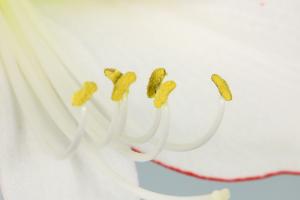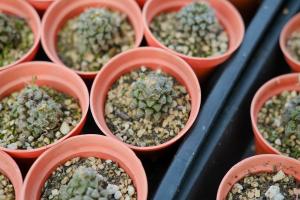Introduction
The cytoplasm is an essential part of a plant cell. It is a jelly-like substance that fills the cell and is responsible for performing many vital functions. In this article, we will explore what the cytoplasm does in a plant cell.
Function of the Cytoplasm in a Plant Cell
The cytoplasm is responsible for many essential functions in a plant cell. It houses various organelles, such as the mitochondria, chloroplasts, and ribosomes, which are responsible for producing energy and synthesizing proteins. Additionally, the cytoplasm serves as a medium for the transportation of molecules within the cell.
Energy Production
Mitochondria, which are present in the cytoplasm, are responsible for producing the energy required for various cellular functions. They break down glucose molecules into ATP, which is the primary source of energy in a plant cell. Thus, the cytoplasm plays a crucial role in energy production.
Protein Synthesis
Ribosomes, which are also present in the cytoplasm, are responsible for synthesizing proteins that are vital for the plant cell's functioning. The ribosomes use the genetic information from DNA to create the necessary proteins. The cytoplasm provides a medium for the ribosomes to carry out protein synthesis.
Transportation of Molecules
The cytoplasm facilitates the movement of molecules within the cell. It is a medium for various substances, including nutrients, molecules required for energy production, and waste materials, to move from one part of the cell to another. Additionally, it provides a medium for organelles, such as mitochondria and chloroplasts, to move within the cell.
Conclusion
In conclusion, the cytoplasm is an essential component of a plant cell. It is responsible for performing many functions that are vital for the cell's survival. These functions include energy production, protein synthesis, and transportation of molecules. Therefore, it is safe to say that the cytoplasm plays a critical role in plant cell functioning.

 how many times do yo...
how many times do yo... how many planted tre...
how many planted tre... how many pine trees ...
how many pine trees ... how many pecan trees...
how many pecan trees... how many plants comp...
how many plants comp... how many plants can ...
how many plants can ... how many plants and ...
how many plants and ... how many pepper plan...
how many pepper plan...































